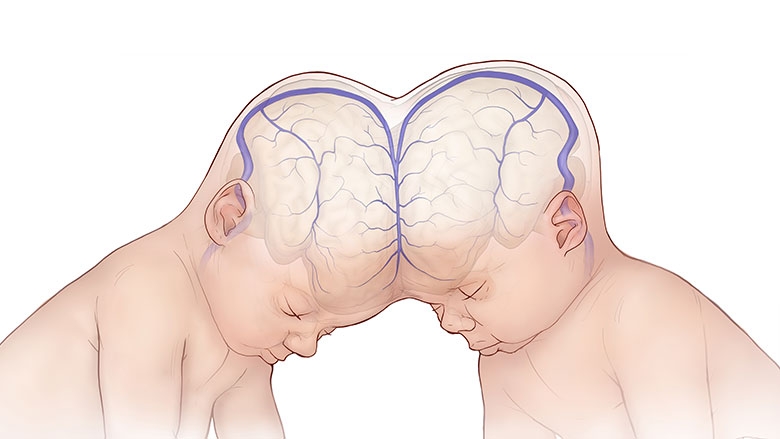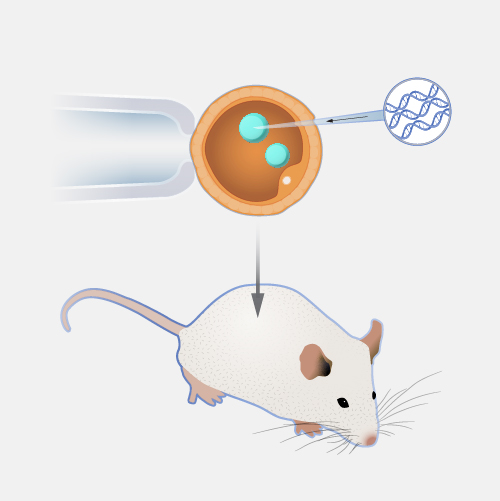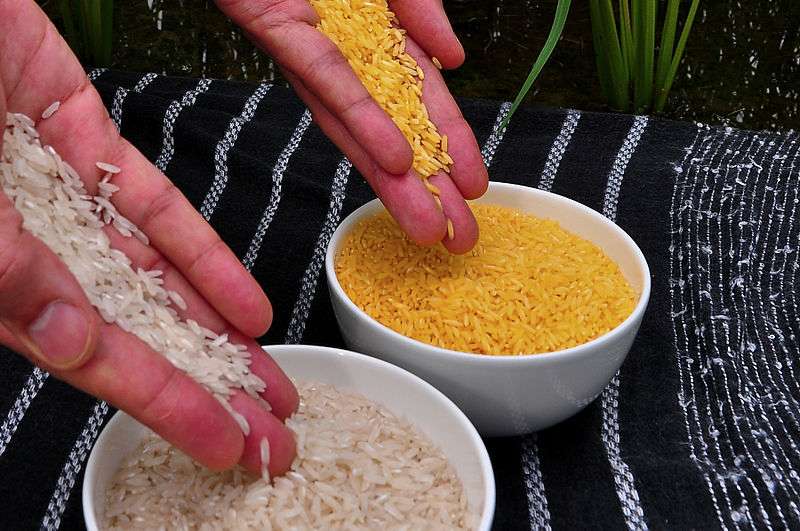 Imagine a couple blessed with twin babies who are conjoint. Now if they are to be separated, then one of them is sure to lose life. But raising the conjoined twins is not only difficult for the parents, but even for the kids themselves!
Imagine a couple blessed with twin babies who are conjoint. Now if they are to be separated, then one of them is sure to lose life. But raising the conjoined twins is not only difficult for the parents, but even for the kids themselves!So what should be done in this case? These questions give us goosebumps! But they are always a part of the medical field. And how are the answers to such traumatizing questions found?
Well, although we cannot really answer such questions completely, but still to reach the best conclusion, we have the concept of BIOETHICS coming to our rescue!
Transgenic organisms are produced and used for human benefit. But the production of transgenic animals comes at the cost of disturbing the natural genome of those organisms. So do you think this is morally correct? You may say no! We should not use organisms for our selfish motto!
So how do we test the newer medicines?
As the disease or disorder intensity is increasing exponentially, so is the need for newer and more efficient medicines! So if there are no model organisms, then testing medicines will not be possible. So how will new medicines be discovered and used? That indicates the need of using model organisms! So what should be done ideally? There is no single answer for this actually. And hence, for these types of concerns we have the field of bioethics.
What is Bioethics?
Area dealing with ethical issues in the field of Medicine or any other biological studies.
Bioethics in the field of Biotechnology
Transgenic Organisms
 Genetic engineering enables us to study the various genetic disorders. And for these types of studies, transgenic animal models, like the Transgenic mice are developed. Transgenic animal models are developed for Particular genetic disorder. These animals, as we know are called Genetically Modified Organisms or GMOs.
Genetic engineering enables us to study the various genetic disorders. And for these types of studies, transgenic animal models, like the Transgenic mice are developed. Transgenic animal models are developed for Particular genetic disorder. These animals, as we know are called Genetically Modified Organisms or GMOs.
But if the organisms are so beneficial to us, then is their production really an ethical concern? Yes! That is the other side of the coin! GMOs are known to produce several compounds, among which, a few can be toxic or allergenic in nature. We cannot ensure that these untraced compounds would not harm us. Thus, there are several hidden risks attached to this. There can be possibilities that the GMOs turn out to be actually more harmful rather than being beneficial. The long term side effects of GMOs are still unknown. Also, as we know that transgenic organisms have a completely different gene pool from the wild varieties.
So at the species level, we disturb the genetic composition of those organisms! Do we really know what impact this can create several years later? What can happen if the transgenic genes sustain in the gene pool forever? And what if natural genes are lost? There are many other questions that emerge as we go deeper in this discussion!
Hence, making “transgenic organisms” is an ethical concern! So what is the solution to this? There is no fixed solution for this, but yes, there are few regulatory bodies which glance at the various activities in the field of biotechnology.
Cloning
Process of making exact copies of biomolecules or organisms.
Human Cloning
Preparing human clones without regulation would definitely lead to serious concerns, like overpopulation, increase in diseases, exhaustion of limited resources and many more! Also, this can act against the balance of nature. We know that nature promotes variation in gene pool of organisms.
Cloning can lead to utilization of the same gene pool constantly, thus leading to a loss of vigour in the genes. And there are many other issues which pop up with the process of making clones! Thus, the question whether cloning is favorable or not still remains unanswered! For all such questions, which literally churn our minds, the only option that comes to our rescue is Bioethics!
There are several rules and regulatory laws laid under bioethics, that help us make wise decisions as we stumble upon heart wrenching obstacles!

